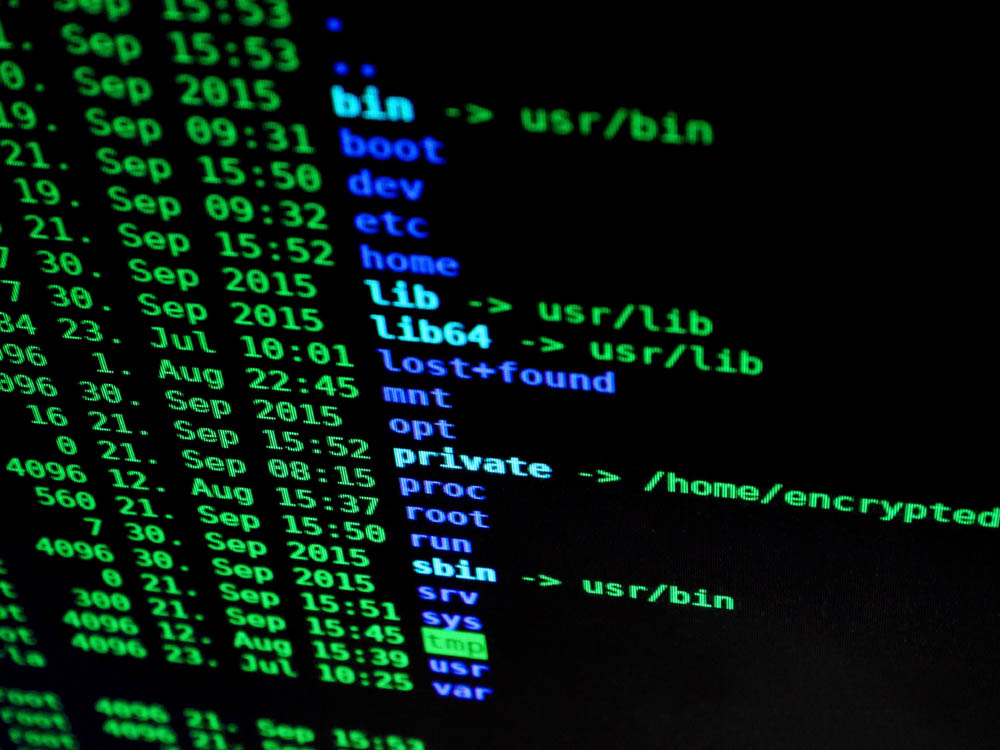Students will use tools such as nmap, unicornscan, and fping to identify systems on a local network, including both Unix and Windows targets. Students will identify the operating systems these systems are running, as well as the types of network services they are providing.
Prerequisites
Basic networking concepts (TCP/IP, DNS, etc.) and familiarity with the Unix/Linux command line.
Expected Duration
2 hours, self-paced. Pause and continue at any time.
2 CPEs awarded on successful completion.

Students will use multiple tools to identify services, including software package and version information, running on unknown systems. Network services to be targeted will include those running on non-standard ports or behind firewall rules.
Prerequisites
Basic networking concepts (TCP/IP, DNS, etc.) and familiarity with the Unix/Linux command line.
Expected Duration
2 hours, self-paced. Pause and continue at any time.
2 CPEs awarded on successful completion.

Students will build on the Service Identification I exercise to use service-specific information-gathering tools. Students will gather vendor, software, and version information, as well as any configuration information available remotely. Students will then use scripting tools to automate this process.
Prerequisites
Basic networking concepts (TCP/IP, DNS, etc.) and familiarity with the Unix/Linux command line.
Expected Duration
2 hours, self-paced. Pause and continue at any time.
2 CPEs awarded on successful completion.

This lab teaches students to setup and configure a central RSYSLOG server that will receive and store logs from FreeBSD, Linux and Windows clients.
Students will learn to configure log forwarding on the clients, and log rotation and filtering on the server. They will also learn to use Logwatch to analyze logs and fail2ban to automatically respond to suspicious activity found in the logs.
Prerequisites
Basic networking concepts (TCP/IP, DNS, etc.) and familiarity with the Unix/Linux command line.
Expected Duration
2 hours, self-paced. Pause and continue at any time.
2 CPEs awarded on successful completion.

In this lab the student will learn how to configure and securely run the Splunk Enterprise security information collection and analysis platform. The objective of the lab is to deploy multiple instances of Splunk data forwarders through a deployment server and analyze the logs received from the servers. The student will write custom scripts to generate logs, create both visual and textual reports, organize these reports into a single dashboard, and learn to recognize malicious activity.
Prerequisites
Intermediate understanding of networking concepts and services (TCP/IP, SSH, etc.) and a basic understanding of shell scripting in bash (Linux) and PowerShell (Windows). Familiarity with the Linux and Windows environment, command line tools, and text editors (vi, vim, nano, or emacs) is also required.
Expected Duration
2 hours, self-paced. Pause and continue at any time.
2 CPEs awarded on successful completion.

Elastic Stack is a group of services designed to take data from almost any type of source and in almost any type of format, and to search, analyze and visualize that data in real time. In this lab, Elastic Stack will be used for log analytics. Students will learn to set up and run the Elasticsearch, Logstash and Kibana components of Elastic Stack. Multiple computers in a small network will forward their logs to a central server where they will be processed by Elastic Stack. Student will use Kibana to view logs, filter them and set up dashboards. Information in the logs will be used to identify and block an on-going attack.
Prerequisites
Familiarity with the Unix/Linux command line, as well as SSH, sudo, and other common tools.
Expected Duration
2 hours, self-paced. Pause and continue at any time.
2 CPEs awarded on successful completion.

